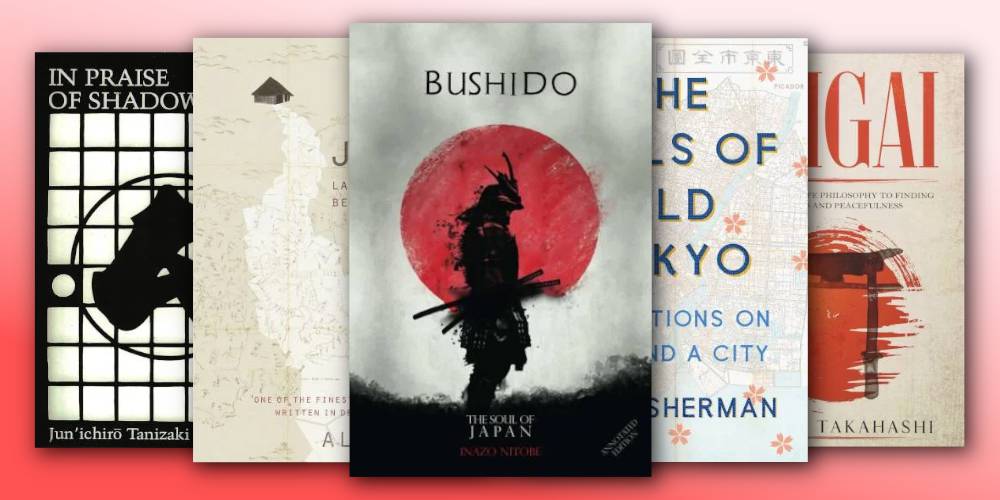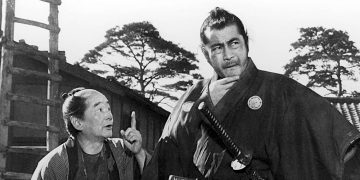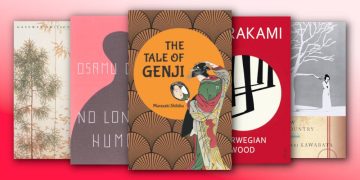From philosophy to aesthetics, from history to technology, from anime to game shows, almost every aspect of Japan and Japanese culture has fascinated people all across the globe.
Japan was long reclusive and self-reliant for centuries before the country opened its doors to the world.
And we're grateful! Because Japan's wonders, myths, attitudes, and aesthetics are unlike anything we have in the Western world.
Here are my favorite books about Japan and Japanese culture for discovering what makes Japan such a unique country.
10. Pure Invention: How Japan Made the Modern World

To write a great book about Japan, it helps to be a passionate and talented researcher of Japanese culture.
That's why Matt Alt's book Pure Invention is such a fantastic read: you can really tell that Japan is his wholehearted passion and that he's a knowledgeable and credible source of information.
Pure Invention traces the development of Japan through progress and innovation in several areas of society, including pop culture. If you want to see how Japan influenced the world, this is the book for you.
9. Lost Japan: Last Glimpse of Beautiful Japan

Lost Japan, written by Alexander Kerr, has long been a must-read for people interested in Japanese culture and customs.
This book weaves together anecdotes and personal reflections into a pattern of discovery and wonder, taking you on a ride through the beauty of Japan and its various facets.
Structured as a hybrid of biography and anthropological inquiry, Lost Japan is a fascinating window into matters of tea ceremonies, Japanese art, culture, and spirituality.
8. A Brief History of Japan

In the West, Japan was first revealed in the tales of Marco Polo. Today, we can glean so much about this wonderful country in books like A Brief History of Japan.
A Brief History of Japan is a comprehensive work and one of the best nonfiction books about Japanese culture and history.
In this book, author Jonathan Clements expounds on the history of Japan—from ancient origins to modern-day society—in a way that's compelling and engaging.
In A Brief History of Japan, you can read all about the country's traditions, customs, paradoxes, habits, and mysteries.
7. In Praise of Shadows
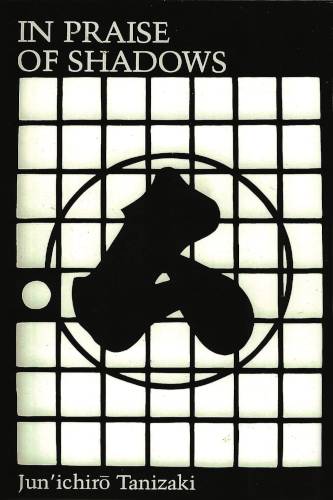
One of the most fascinating aspects of any culture is their eye for aesthetics—and when it comes to Japanese culture, it's one that's prominent, pervasive, and intertwined with folklore and tradition.
In Praise of Shadows by Junichirō Tanizaki is a unique essay on Japanese cultural aesthetics that's widely considered one of the best books about Japan and Japanese culture.
It explores temporal details like the use of space and the design of buildings, but it's also a reflection on some of the more ephemeral features like food, tea, and rituals.
6. The Japanese Mind: Understanding Contemporary Japanese Culture
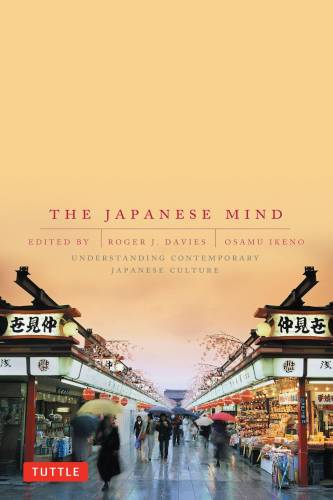
There are some aspects of Japanese culture that—for those of us who come from vastly different backgrounds—can be hard to understand or even define.
In The Japanese Mind, Roger J. Davies and Osamu Ikeno unpack the core aspects of Japanese society while shedding light on why they do things the way they do. The insights are eye-opening.
You'll learn about topics like wabi-sabi (an attitude about accepting imperfection), amae (the need to be in good favor with those in your life), and haragei (a form of interpersonal exchange of feelings).
All of these—and more—are explained, contextualized, and analyzed to see why they're of fundamental importance to Japanese society and how they can help us improve our own lives.
5. Hokkaido Highway Blues: Hitchhiking Japan
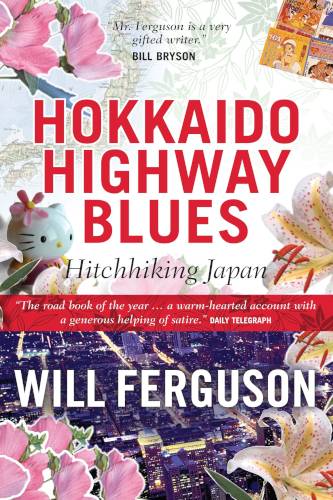
Hokkaido Highway Blues is the autobiographical travelogue of Will Ferguson, who followed the Cherry Blossom Front from one end of the country to the other. No one had ever done it before.
With this hands-on exploration of Japan that incorporates all kinds of empirical research, Ferguson has helped many readers over the decades better understand the culture of Japan.
4. Bushido: The Soul of Japan
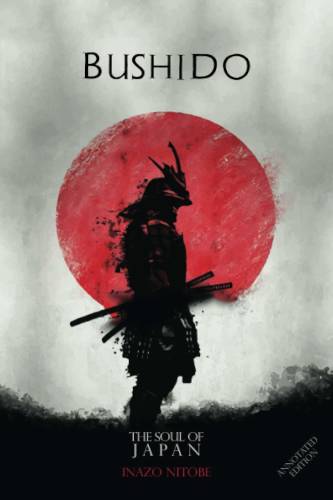
The Japanese term bushido describes a code of honor shared between samurai, one that governed their behaviors, attitudes, lifestyles, and interactions (both with each other and with non-samurai).
Though it originated amongst samurai, multiple types of bushido have evolved over the centuries and there are modern versions of bushido that are very present in Japanese culture today.
Inazō Nitobe's Bushido: The Soul of Japan is an old book, but it's still relevant as a phenomenal text that breaks down the concept of bushido in a comprehensive yet digestible way.
If you're interested in Japanese samurai culture—especially their codes, attitudes, and behaviors—then you need to read this book. It's a brilliant lens that reveals even more depth in Japanese values.
3. Zen and Japanese Culture
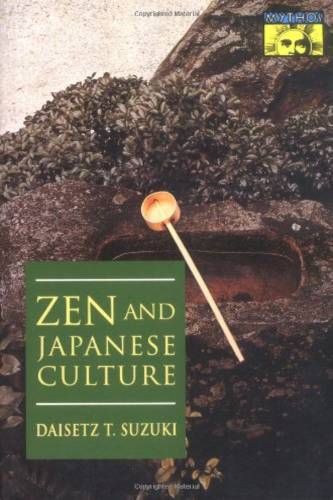
The concept of zen entered Western consciousness many years ago, so much so that it's part of contemporary vernacular.
And yet, the West's understanding of it is incomplete. The Japanese idea of zen is so much more than simply being chill.
In Zen and Japanese Culture, author Daisetz T. Suzuki explains the meaning, evolution, and role of zen in everything from aesthetics to philosophy to society to economy.
If you want to discover how the concept of zen is actually of core importance to many aspects of Japanese culture, this is the book that'll teach you everything you want to know about it.
2. The Bells of Old Tokyo: Meditations on Time and a City

Japan existed in self-imposed isolation for centuries. This detachment from the rest of the world remains, to this day, one of the most fascinating phenomena in human history.
In The Bells of Old Tokyo, Anna Sherman documents her time spent in the city of Tokyo. During her time there, Tokyo developed in many ways and contributed to various aspects of Japanese society.
In this book, we get to learn more about Tokyo through her thorough exploration of the city, in which she searches for the bells that kept track of time during this period of isolation.
1. Ikigai: The Japanese Life Philosophy to Finding Happiness and Peacefulness
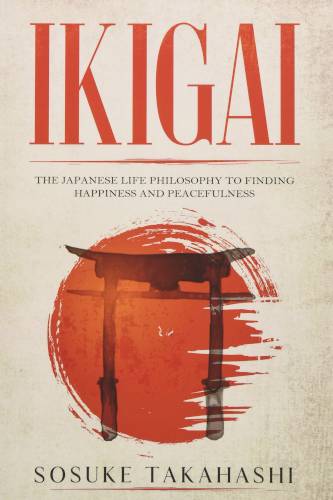
The Japanese term ikigai is often translated as "a reason for being." This concept, which is extremely prevalent in Japanese philosophy, helps people find purpose and meaning in the world.
Many books have been written about the concept of ikigai, and this one by Sosuke Takahashi is just one—but it's one I found helpful in learning about this stepping stone concept to Japanese culture.
From its origins, history, development, and applications, Takahashi traces a map of ikigai and gives us important insights on how we can apply it to live a better, more grounded life.
